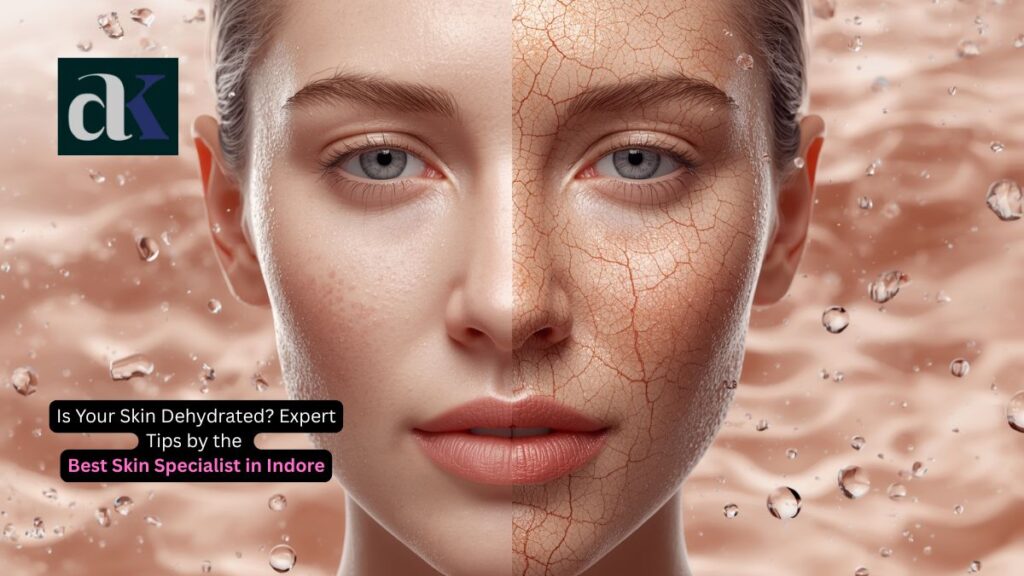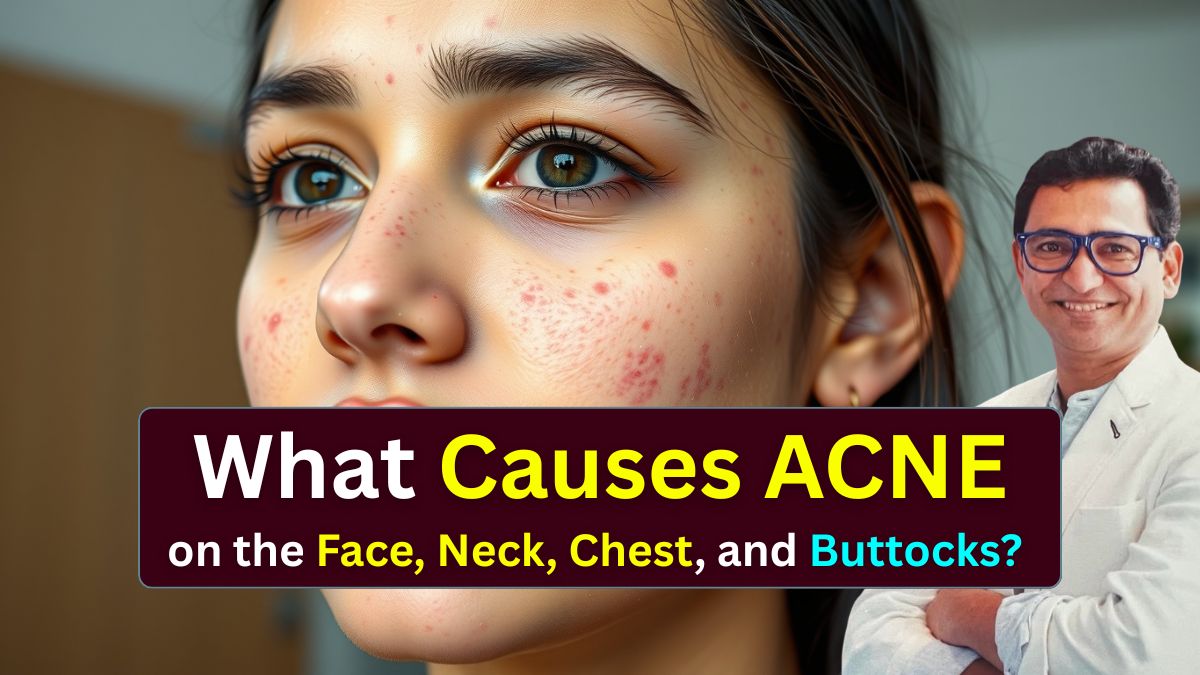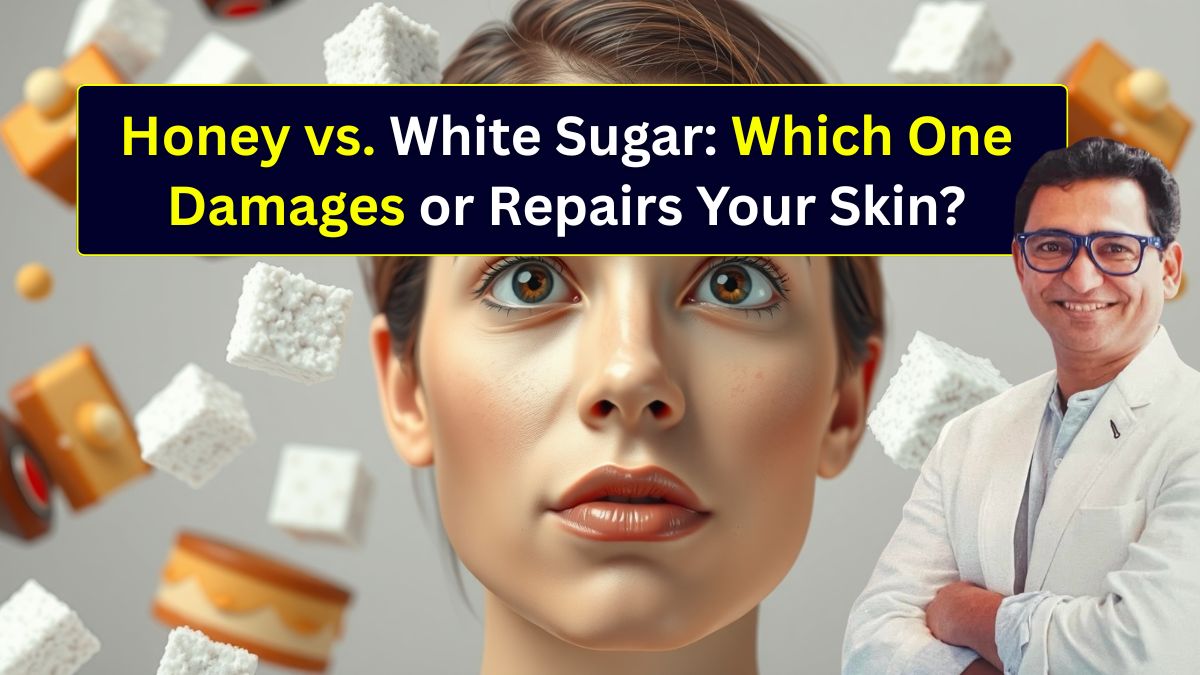Your skin is your body’s largest organ, and just like any other organ, it thrives on proper hydration. When the body is dehydrated, it doesn’t just affect your energy levels or mood—it has a direct impact on the health and appearance of your skin. According to Dr. Atul Kathed, the best skin specialist in Indore, understanding and addressing skin dehydration is the first step toward achieving a healthy, glowing complexion.
In this blog, Dr. Kathed explains what causes dehydrated skin, how to identify it, how it differs from dry skin, and the best ways to restore hydration for long-term skin health.
What Causes Dehydrated Skin?
Dehydrated skin is a condition where your skin lacks water, not oil. It can affect all skin types—even oily or combination skin. According to Dr. Atul Kathed, several factors can lead to skin dehydration:
- Inadequate water intake
- Environmental conditions like harsh sun, wind, and pollution
- Excessive caffeine or alcohol consumption
- Overuse of strong skincare products, especially those with alcohol or acids
- Air-conditioned or heated environments that draw moisture from the skin
- Medical conditions or certain medications
Many people mistakenly believe they have dry skin when it is actually dehydrated skin that needs moisture, not more oil.
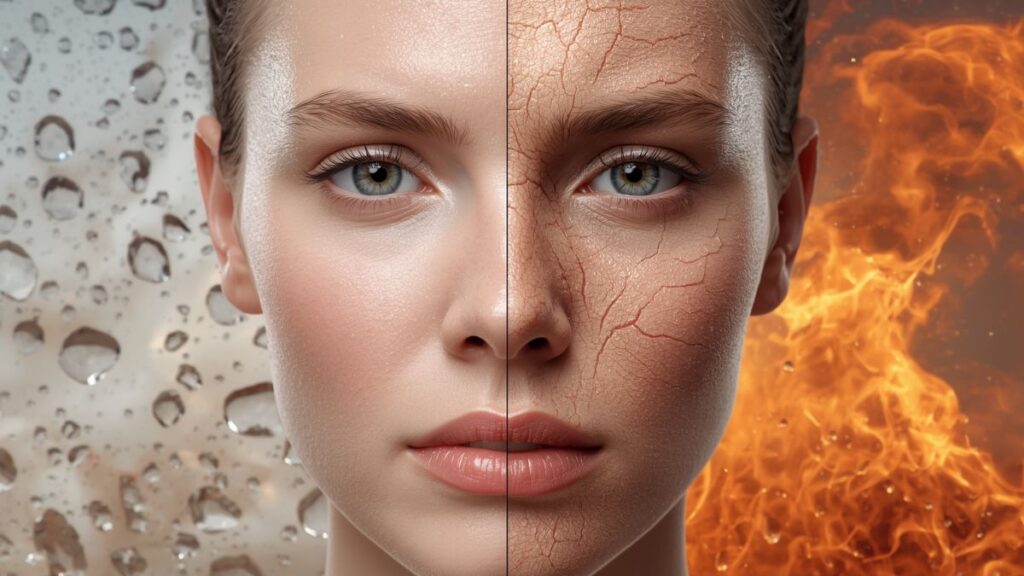
What Are the Symptoms of Dehydrated Skin?
It’s easy to confuse dehydrated skin with other skin issues, but Dr. Atul Kathed, the best skin specialist in Indore, outlines a few clear signs:
- Tightness or itchiness, especially after cleansing
- Dull, lifeless appearance of the skin
- Increased sensitivity and redness
- Fine lines or wrinkles that appear more prominent
- Greasy yet flaky skin, particularly in combination skin types
- Rough or uneven skin texture
One simple test you can try is the “pinch test.” Gently pinch a small area of your cheek. If your skin doesn’t bounce back quickly, it may be dehydrated.
How to Hydrate Dehydrated Skin
The good news is that dehydrated skin is usually temporary and reversible. Dr. Atul Kathed, recognized as the best skin specialist in Indore, suggests a few effective ways to restore skin hydration:
- Drink more water – Aim for 8–10 glasses a day. Your skin reflects your internal hydration levels.
- Use a hydrating cleanser – Avoid harsh foaming products. Opt for gentle, hydrating formulas with ingredients like hyaluronic acid or glycerin.
- Apply a good moisturizer – Choose products that seal in moisture, especially right after bathing.
- Incorporate serums – Hyaluronic acid serums can hold up to 1,000 times their weight in water.
- Avoid over-exfoliating – Too much exfoliation can strip the skin’s protective barrier, worsening dehydration.
- Use a humidifier – Especially in air-conditioned or heated rooms, this can maintain skin moisture levels.
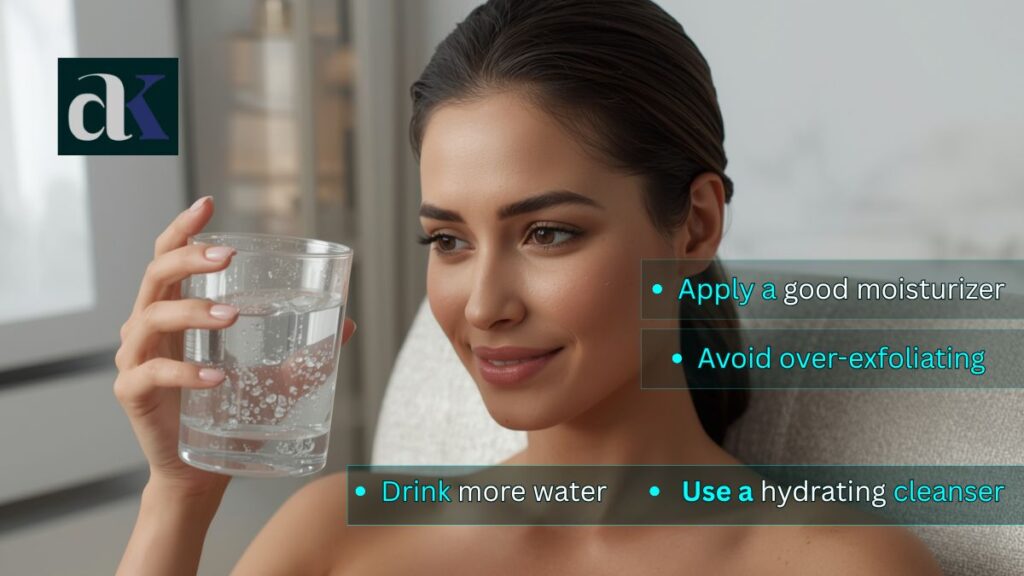
Will Drinking Water Fix Dehydrated Skin?
Yes—and no. Drinking water is essential for overall skin health, but it’s not a standalone solution. According to Dr. Atul Kathed, the best skin specialist in Indore, hydration is both internal and external. While water helps maintain the elasticity and suppleness of your skin from within, topical hydration is equally important.
Skin that’s already damaged or exposed to harsh environments may not recover just by drinking water. That’s why a comprehensive routine—hydrating skincare, balanced diet, and water intake—is crucial.
What’s the Difference Between Dry Skin and Dehydrated Skin?
This is a common question and an important distinction. Dr. Atul Kathed explains:
- Dry Skin is a skin type. It is typically genetic and means your skin produces less sebum (natural oil). It often feels rough, flaky, and irritated.
- Dehydrated Skin is a condition. It means your skin is lacking water, not oil. Even oily skin can be dehydrated.
Dry skin needs oils and rich moisturizers, while dehydrated skin needs water-based hydration. Understanding this difference is essential to treating your skin correctly.
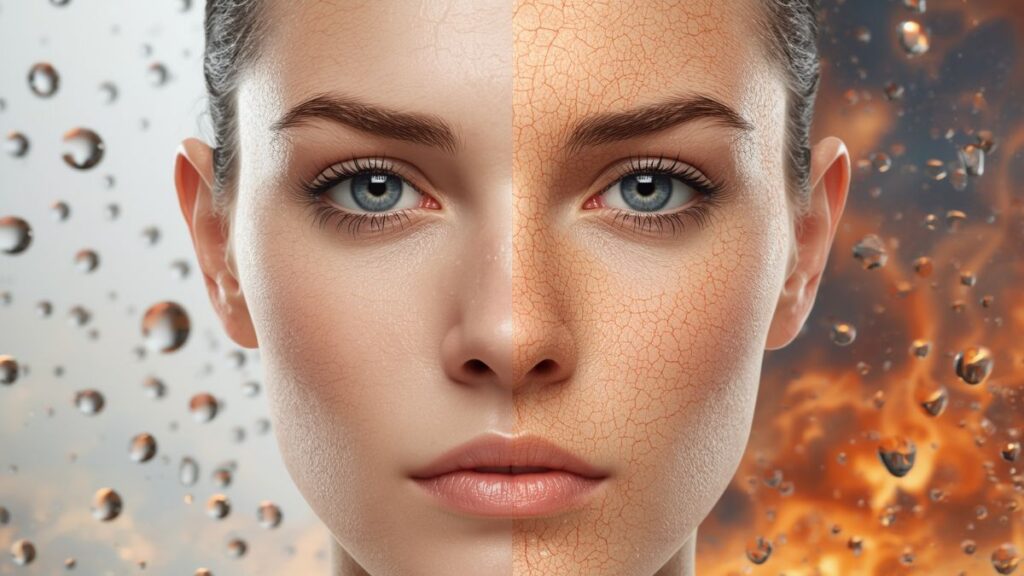
When to See a Skin Specialist
If your skin remains dull, tight, or sensitive despite using home remedies, it may be time to consult a professional. Dr. Atul Kathed, widely regarded as the best skin specialist in Indore, can help identify whether you’re dealing with dehydration, dryness, or an underlying skin condition.
Dr. Kathed uses advanced diagnostic tools and personalized treatment plans to help patients restore their skin’s hydration and glow. Whether it’s through topical treatments, laser therapy, or lifestyle changes, expert care can make a lasting difference.
Final Thoughts
Dehydrated skin is more than just a surface issue—it’s a sign that your skin needs better care from the inside out. With the right approach, you can restore hydration and achieve a visibly healthier, more radiant complexion.
For anyone struggling with persistent skin issues, it’s best not to self-diagnose. Seek help from an experienced professional like Dr. Atul Kathed, the best skin specialist in Indore, to get a personalized solution tailored to your skin’s needs.




